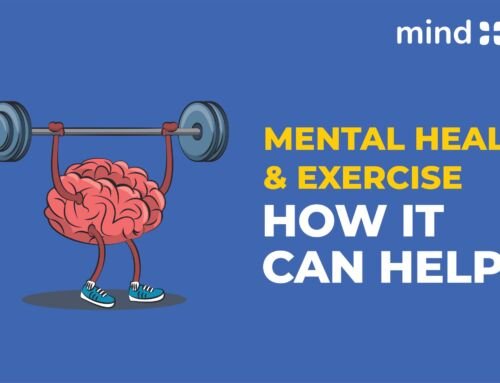Anger Management Strategies
By Ashna Gupta, Clinical Psychologist
American Psychological Association (APA) describes Anger as an emotion in which an individual has hostility towards another individual or a group. It can also include negative feelings about being intentionally wronged by the other person. In its extreme form, anger can break homes. It can also create life-long trauma and make a person commit acts that he may feel guilty about later on.
Strategy 1: Understand your Anger
Have you ever wondered why you feel angry about certain things? Where does it come from? These questions haunted me for a long as I kept looking for answers. And one day, it clicked. It was coming out of other emotions: sadness, hurt, and rejection. When we keep these emotions bottled up or when we try to control them, they turn into mild anger. That anger when kept longer turns into extreme feelings or behaviors: getting upset over trivial matters or throwing or breaking things.
Now that we have gone through the ‘why’ of managing anger; let’s look into the ‘how’ of it. Let’s talk about a few more ways in which we can learn how to manage our anger.

Strategy 2: Deliberately and mindfully choose to manage the anger
I believe that it’s easier said than done. But I also believe that managing our anger is a constant choice that we make. It helps to have better relationships with ourselves and other people. Managing anger doesn’t come naturally to human beings. It’s a skill that we are never taught at school but the school of life demands new learning. The key is choosing to respond rather than react in a distressful or uncomfortable situation.
If you are in a heated situation, take some time off. You can tell the other person that you are angry at the moment. Having a conversation at that moment won’t be helpful at all. It won’t provide any solutions. Sit down for a while and think about how to express it in a productive manner.
Strategy 3: Expressing the anger in a helpful manner
Expressing anger is an overwhelming experience but it’s rejuvenating when it’s done in a healthy manner. Now that you are calm and composed to have a conversation, you’ll be able to express it while being in control of the situation.
- Using ‘I feel’ statements can help rather than ‘You made me feel’ statements. Avoiding the blame game is important to have better communication.
- Avoiding words like ‘Always or Never’ can be helpful as well.
For E.g. I feel angry because you never listen to me. Instead being specific about the incidents, acts or situations can help elicit the underlying emotions and produce solutions. E.g. I felt sad and rejected and angry when you didn’t consult me last week. This lets the other person understand his role in the whole situation which can result in better understanding and stronger relationships.
There are many more ways to deal with one’s anger and the underlying emotions which will hopefully be covered in another blog in near future. 





